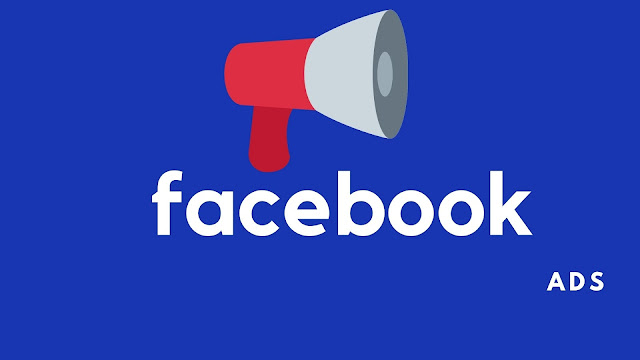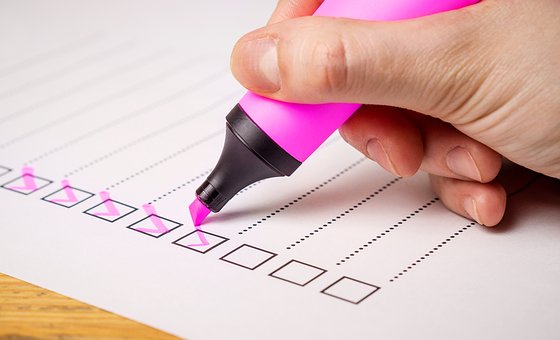What is the cash app?
The cash application is a peer-to-peer (P2P) payment
service owned by Square Inc. (NYSE: SQ), a key player in the financial
technology (Fintech) industry. The cash app is just one part of Square’s
business, built on software and point-of-sale hardware for businesses of all
sizes.
Square has quickly become one of the largest payment
processing companies in the United States. Since the IPO's November 2015, the
company has expanded its business model beyond payment processing to include
scheduling, employee management, and business analytics.
Square incentives for Fintech for individuals in cash
applications. Square launched this service in 2013 in competition with PayPal
(PYPL) Venmo, Apple (AAPL) Pay, and Google (GOOGLE) Pay.
P2P payment apps allow customers to pay for their smart
phones for products and services, pay bills and transfer money to friends and
family.
However, unlike its competitors, the cash app has
expanded its functionality beyond just P2P, which allows users to directly
deposit and pay for ACH, as well as the opportunity to purchase Bitcoin
through the platform.
Despite intense competition in the P2P payment industry,
the cash application for Square was great.
The company reported $ 1 billion in revenue 2 years ago; The the company reported a billion dollars worth of revenue; Coincidentally, $ 3.3
billion was reported in 2018, compared to $ 2.2 billion in 2017. In 2018, cash
applications also surpassed Venmo in terms of downloads; earning first place in
the App Store with 33.5 million saved downloads.
As early as 2019, Square Inc. When it released its 10-K
and Annual Report, its market capitalization was $ 31.93 billion.
Square has a current ratio of 1.5 and a return on equity
of (-5.01%).
Business model
The cash app is free to download and its key functions P2P
payments and transfer funds to a bank account are also free for individuals to
use.
The cash app makes money by charging both businesses to
use the app and individual users' transaction fees for access to the app's
additional services.
How does the cash app work?
The Cash app is a peer-to-peer payment application, so
you can use it to send, receive and request money.
Instead of the account number, you are known on the
network by your email address or phone number. Or you can create a unique
identifier known as a cachet.
If you accept the payment, it lands on your Cash App
account. Or you can link the cash app to an existing bank account and use it to
transfer money to a cash app account and. You can send money from a debit card and spend your cash
app balance directly from it.
The app allows users to receive deposits (like paychecks)
directly into their account.
Two caveats: you want to be a minimum of 18 to open an account. And US users will
only be able to pay to US-based recipients, a company spokeswoman said.
How much does the cash app cost?
Free to send, receive and transfer money.
And while the cash application does not charge ATM fees,
you are responsible for any fees accrued by ATM Networks.
Quick transfers and credit card payments
For a 1.5% fee, individual users can quickly transfer
from their Cash App account to a bank account.
This is immediately on an account instead of waiting for
the user to make a standard deposit
Lets transfer money.
Individuals can use the platform to make personal
payments using a credit card, instead of their cash application balance, for a
3% transaction.
Bitcoin Exchange
At the end of 2017, the cash app began to allow users to
buy and sell bitcoin on their app balances.
The app does not charge individuals to use this service,
yet it is the only service cash application that is profitable to date.
So the question is: how does a cash app make money with
Bitcoin? A: Like other Bitcoin exchanges.
There is usually a 1-4% difference between the Bitcoin
exchange and what individuals pay for Bitcoin.
The reason for this difference is the way cash
applications pay its users, making it easier to generate revenue on exchanges.
For example, a cash app can buy one Bitcoin for $ 9,900
from one user and sell to another for $ 10,000, resulting in $ 100 earnings.
The cash app calculates this price difference based on Bitcoin’s
fluctuations.
According to Square's annual report, the cash app
generated 6 166.5 million in Bitcoin earnings in 2018 and made $ 1.7 million.
Planning for the future
In a world where cash apps are the right business,
smartphones are ubiquitous and seem like nothing more than convenience,
consumers are increasingly looking at the digital wallet. This means that P2P
payment apps are increasing.
However, competition is intense. With its $ 32 billion
market cap, Square is still a smaller fish than PayPal, with a market cap of $
112 billion.
The cash app will have to compete with pre-installed apps
on Apple Pay and Google Pay, iPhone and Android phones.
So it takes a lot of effort to stand up for the cash app,
which means attracting new users and continuing to roll out interesting new
features in its rapid development.
Over the past year and a half, the Cash App has introduced three new features:
Cash card, a free-to-visa debit card tied to the user's
application balance was launched in May 2017, allowing users to withdraw funds
from the ATM using this card.
Bitcoin Exchange for Cash App Launched in November 2017
-
Cash Boost Features; Launched in May 2018, multiple
discounts on coffee shops and chain restaurants such as Chipotle and Subway
exclusively accessible through Cash Cards.
The Boost feature is especially future-oriented and aims
to keep users from frequently using their cash cards.
As Square gains, new partnerships with popular brands,
new "boosters" released on social media are regularly added. This
feed keeps users interested and engaged.
In January 2019, a similar free debit card was launched
for businesses called Square Cards.
What if I send the wrong person?
That money can go away permanently. The cash application the site states that "payments are instantaneous and usually cannot be
canceled" "This instructs users to" see if the payment receipt
for your activity feed is displaying a cancellation option ".
If it doesn't, then the option that gives you is to use
the app to pay back the recipient.
If you request support through the App or Company's
website, you will not be able to contact the Company by phone or email, as
represented by the Cash App.
The Consumer Reports survey found that a large number of
cash app related complaints were associated with that aspect of the service,
Teterolt said.
He said that the problem is not unique to the cash app.
In any service that involves your money, "customers
should have multiple and abundant ways to solve a problem," Tetrault says.
Do I need extra protection when using the Cash app?
The Cash app lets you add a zipcode or fingerprint ID to
make payments.
Patrick Jackson, Chief Technology Officer at
Disconnection of Online Privacy Companies gives them good numbers for security
and encryption.
It says that since you are dealing with your money, you
want to make sure that you are using good security features and good computer
practice.
If you can't get to your personal network, skip the
public Wi-Fi for your phone's digital network, says Jackson, whose company has
helped the in-depth study of customer reporting peer-to-peer payment offers.
Echo the recommendation to enable all available security
options on the app and your device.
“We recommend introducing security measures in order that there's A level of security." Also smart: setting alerts for
transactions."
Also, think of yourself as a banking customer when you
evaluate, select and use peer-to-peer payment services, even though you're
still technically on social media, Tetrault said.
"Use these services - any peer-to-peer service -
only with people you know and trust," says Tetrault.






0 Comments